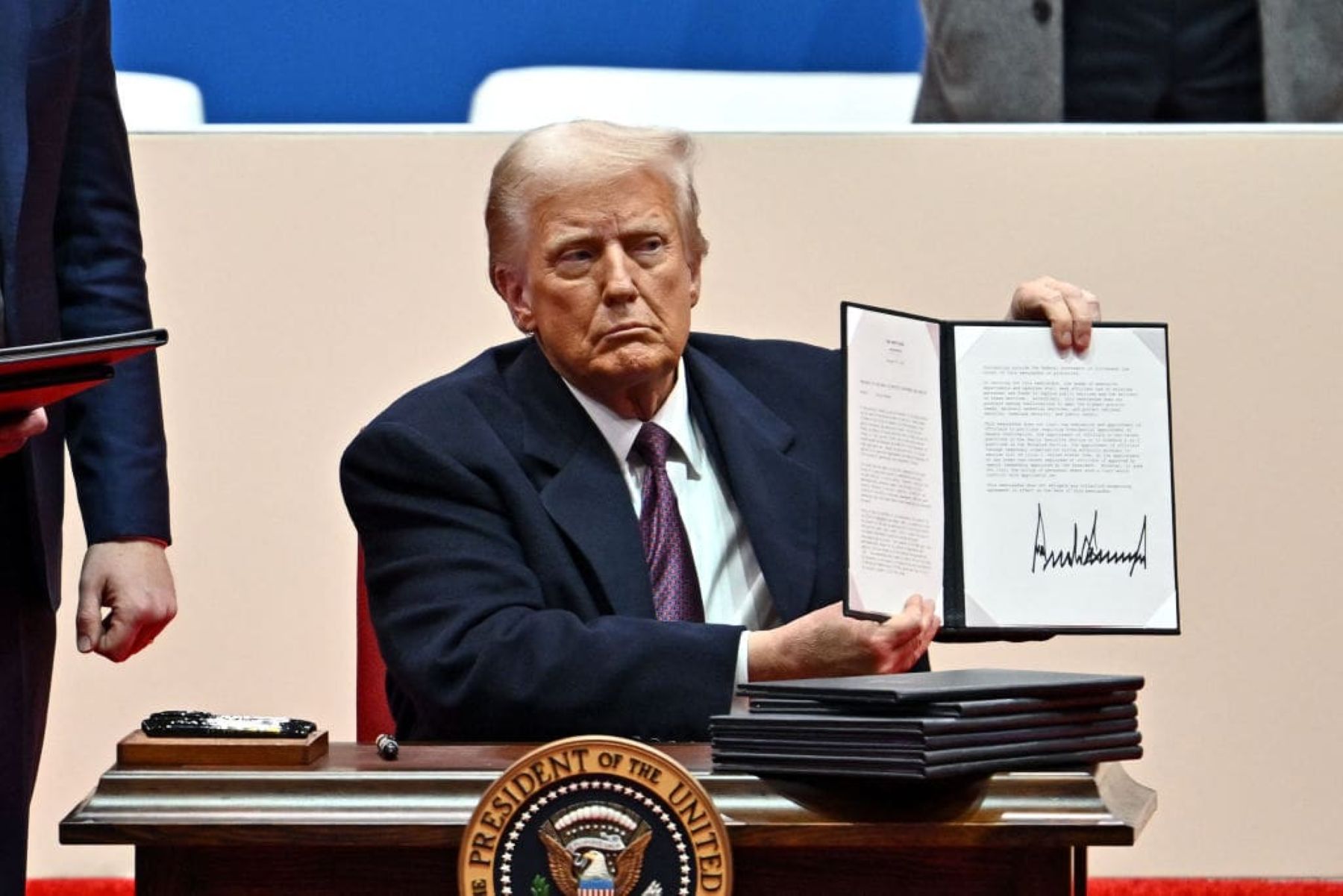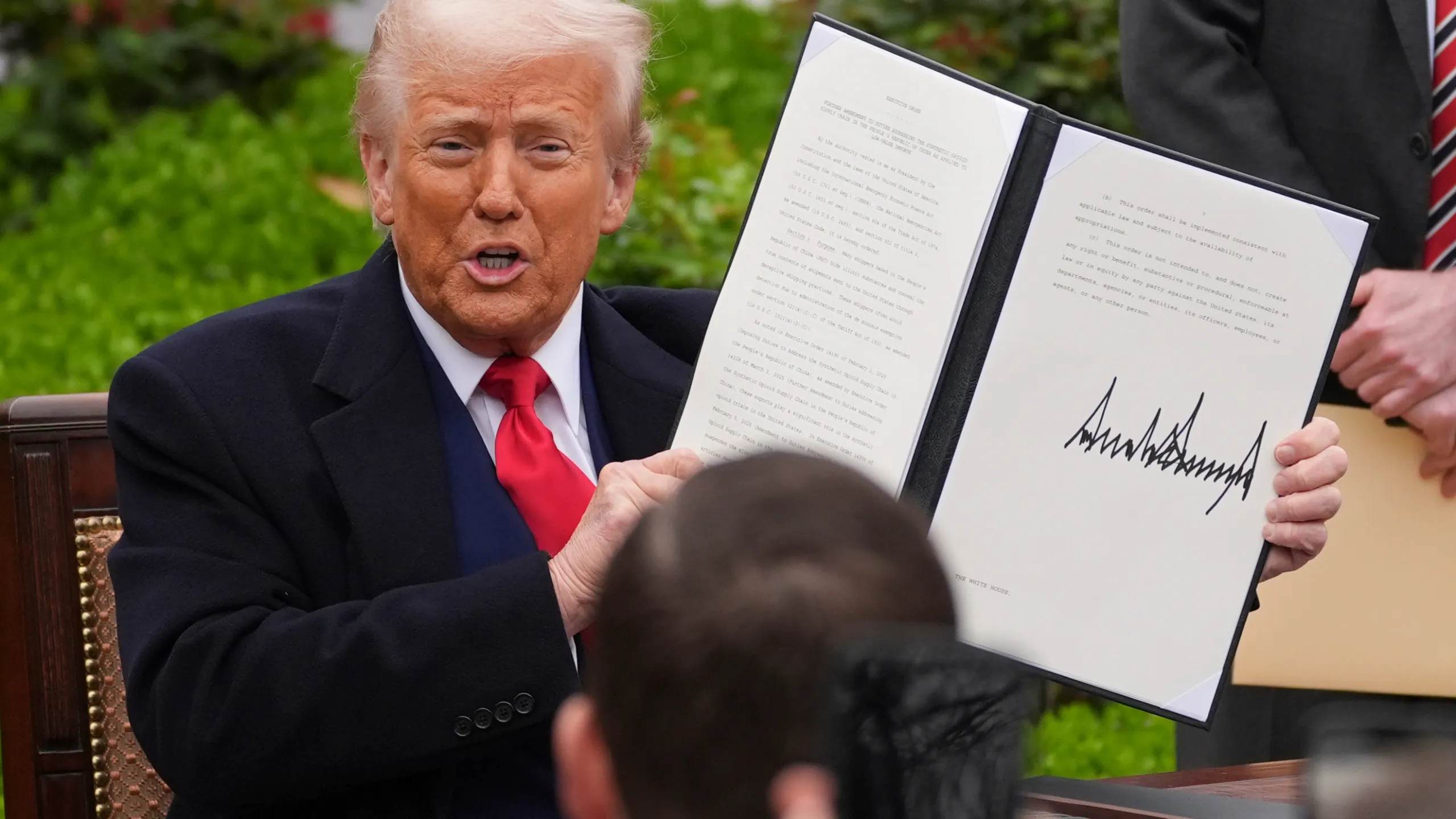
The Growing Concern Over European Immigration and Its Impact
In recent statements that have garnered global attention, former U.S. President Donald Trump has renewed his stark warnings about the ongoing immigration crisis plaguing Europe. Trump’s commentary highlights a deep concern that uncontrolled migration is not only destabilizing the social fabric of European nations but also leading to profound economic and security challenges.
Trump has been vocal in accusing European countries of suffering due to what he describes as a “horrible invasion” of migrants, which he claims is harming the continent’s social cohesion. His rhetoric points to a perceived failure of European leadership to manage this crisis effectively, urging for swift and decisive action. According to him, the situation has reached a critical point where immediate measures are necessary to prevent further deterioration.
Key Warnings and Calls to Action from Donald Trump
Drawing attention to the gravity of the situation, Trump has made several salient points. His central message revolves around the need for European nations to:
- Stop what he calls the “horrible invasion” of migrants, which he claims is “killing” Europe.
- Implement stronger border controls and immigration policies to preserve national integrity.
- Recognize the threats posed by uncontrolled migration, including rising crime rates, social discord, and economic strain.
He has emphasized that the current situation is unsustainable and that Europe must “get its act together” to prevent further chaos. His remarks reflect a broader concern about the **erosion of national sovereignty** and the potential for demographic shifts that could alter the cultural identities of European nations.
Comparisons with the United States and Lessons to Be Learned
In his speeches, Trump often draws comparisons between the U.S. and Europe, boasting about his administration’s efforts to control immigration along the U.S.-Mexico border. He claims that the U.S. has taken more effective measures and suggests that European nations should emulate these strategies.
For instance, Trump highlighted the success of the United States’ efforts to curb illegal crossings and enforce immigration laws. He pointed out that while Europe faces its unique challenges, effective border policies and stronger security measures are universally applicable solutions that could mitigate the ongoing crisis.
His message underscores the importance of a **proactive stance** rather than reactive measures, urging European leaders to prioritize border security and immigration reforms to safeguard their nations’ futures.
The Broader Implications of the Immigration Crisis
Security and Social Stability
The surge in migration, as discussed by Trump and many analysts, has led to increased concerns about security. Unregulated migration flows can potentially facilitate criminal activity and pose challenges for law enforcement agencies. Social tensions may rise as differing cultural and religious identities collide, leading to instances of social fragmentation and unrest.
Economic Pressures
Countries burdened by large influxes of migrants often face economic strain, especially in terms of providing social services, healthcare, and housing. Critics argue that unchecked immigration can lead to higher unemployment rates for native populations and strain public resources.
Cultural and Demographic Changes
Trump’s comments also touch upon the cultural impacts of mass migration. He warns that if unchecked, these demographic changes could threaten the traditional cultural identity of European nations, leading to potential loss of heritage and social cohesion.
Responses and Criticisms
European officials and human rights organizations have responded variably to Trump’s stark warnings. Many argue that such rhetoric fuels xenophobia and anti-immigrant sentiments, emphasizing the need for compassionate and inclusive policies rather than fear-mongering. Conversely, some leaders agree with the necessity of tightening controls to ensure national stability.
Critics also highlight that the root causes of migration—conflict, poverty, and political instability—must be addressed through international cooperation rather than solely focusing on border restrictions.
The Urgency of International Cooperation
Addressing the crisis requires a collaborative global approach. Trump’s call for Europe to take urgent action underscores the importance of international cooperation in managing migration flows. Europe, with its rich history of diversity, faces a critical juncture where policy decisions could shape its future for decades.
Effective strategies may include:
- Strengthening border security measures.
- Implementing comprehensive integration programs for migrants.
- Providing aid and support to source countries to address root causes of migration.
- Establishing fair and humane immigration policies that balance security with human rights.
Failing to act decisively could lead to more profound societal issues, including increased violence, cultural clashes, and political instability.
The Global Context and Future Outlook
Trump’s warnings are part of a broader narrative questioning the sustainability of current migration trends worldwide. As climate change, wars, and economic disparities continue to drive migration, nations must prepare for complex challenges ahead. The European Union and individual countries are under increasing pressure to formulate policies that protect their citizens while remaining humane toward migrants.
Looking ahead, the debate over immigration will undoubtedly remain central to political discourse across the globe. Leaders must find a delicate balance — safeguarding national interests while respecting human rights and international obligations.
Conclusion
Donald Trump’s recent remarks serve as a stark reminder of the urgency to address Europe’s migration crisis. Whether or not one agrees with his tone, the underlying message highlights critical issues that require immediate attention: security, social stability, and cultural preservation. As Europe grapples with the realities of migration, the world watches closely, emphasizing the need for pragmatic, humane, and effective solutions.
Ultimately, the path forward demands cooperation, strategic policy-making, and a holistic understanding of the complex factors driving migration. Without decisive action, longstanding social and economic stability could be at risk, making it imperative for European nations—and the global community—to act now.
For more updated news please keep visiting Prime News World.








